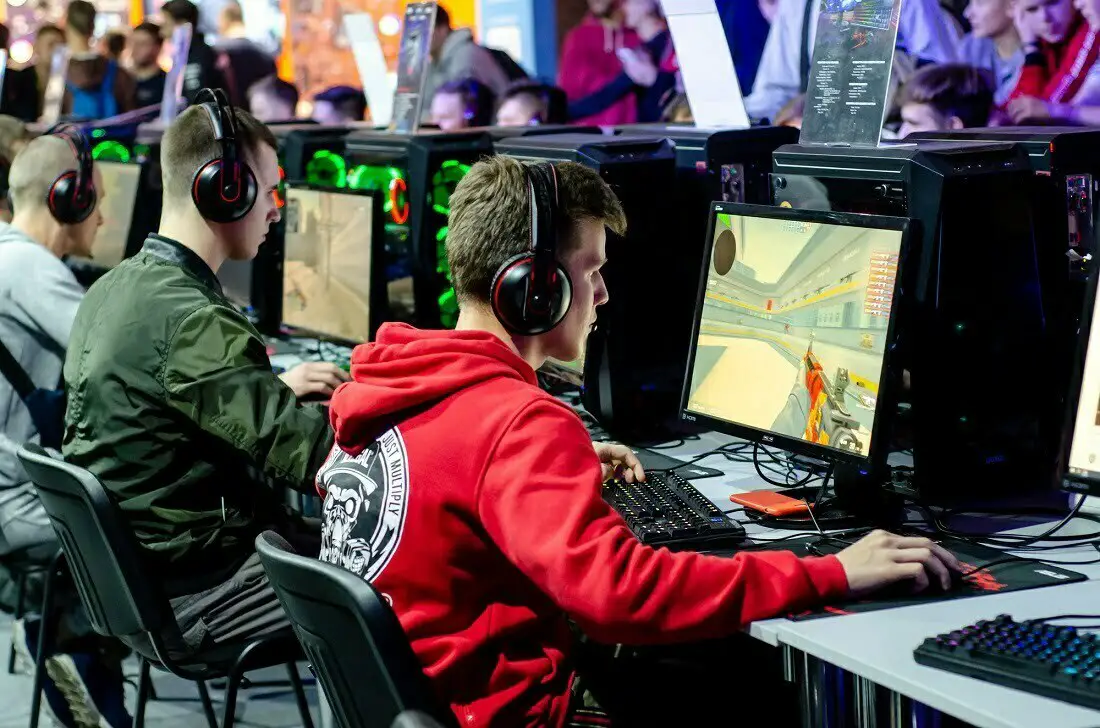Interested in becoming a professional e-sports player? If you’re eager to turn your love of Counter-Strike: Global Offensive into a viable career, be prepared for an uphill struggle. There’s more to becoming a pro-level player than being good at the game. In addition to refining your skills, you’ll need to be intimately familiar with the best playing strategies. You’ll also need to fully engage with the CS:GO community and establish yourself as a major presence online. Finally, you’ll need to throw in your lot with a team. Need some pointers to help you realize your chosen career path? Read on for our guide on what it takes to become a CS:GO pro, along with some essential tips on how to find your next team.
Start Playing and Refining Your Skills
If you’re planning on becoming a CS:GO professional, it’s vital you remember that this is a very competitive field. As of 2022, CS:GO was averaging around 600,000 concurrent players across all device types. Counter-Strike also brings in more than 20 million active users in any given month. Many of these are new users or those purely playing for the love of the game. However, a considerable slice of these playing numbers represents people just like you with ambitions to make it to the competitive leagues.
Be prepared to put in plenty of practice to develop skills worthy enough of a competitive team. We’re not just talking about the odd hour here and there. Rather, you should be investing several hours of uninterrupted practice daily. It’s not just about exposure to game mechanics and playing strategies. Instead, these extended playing sessions will give you a realistic idea of the demands of tournament play. Furthermore, it’s a good indicator of the kind of physical strain and mental fatigue pro-level players experience when playing on the competitive circuit.
Determine Your Role and Research Team Structures
There are several different roles players can adopt when playing CS:GO. In a typical team, the line-up consists of five distinct roles. You’ll need to pick a specialty to be considered for any team, so think about whether your skills are best lent to a support position, entry fragger role, or Aw-per. No matter how confident you are in your abilities, avoid teams inviting newcomers to in-game leader roles. An established team that’s been steered by an experienced in-game leader for some time is a far safer option.
Still struggling to wrap your head around player roles and team configurations? It’s worth taking some time to see what the top CSGO teams are doing. Following the most successful teams will also give you a clear idea of the high level of collaboration involved in competitive CS:GO play.
Engaging with Fellow Players
Before you start looking for your team, immerse yourself in the CS:GO community. Counter-Strike has been around many years though, meaning you won’t struggle to find a wealth of online platforms to engage with. Use these channels to discuss tournament developments, in-game updates, as well as playing strategies. This will not only improve your understanding of the game and advance your skill level, but also lead to networking opportunities.
Finding a CS:GO Team
The best CS:GO teams are those with consistent line-ups. Everyone needs to start somewhere, but you should avoid the temptation to join a roster, simply because there’s a spot going free. Look for teams that have been playing alongside each other for a long time. Even though you’ll be inexperienced with team dynamics, the rest of the line-up will have a shorthand that will put you in good stead against the competition.
It’s fairly easy to find teams looking for new members online. To make life simple, use platforms like Team find, Looking For Clan, and Team Tavern. However, express caution when responding to team vacancy requests. Make sure you’re carrying out in-depth research into team background, previous performance, and line-up changes before making an application.
